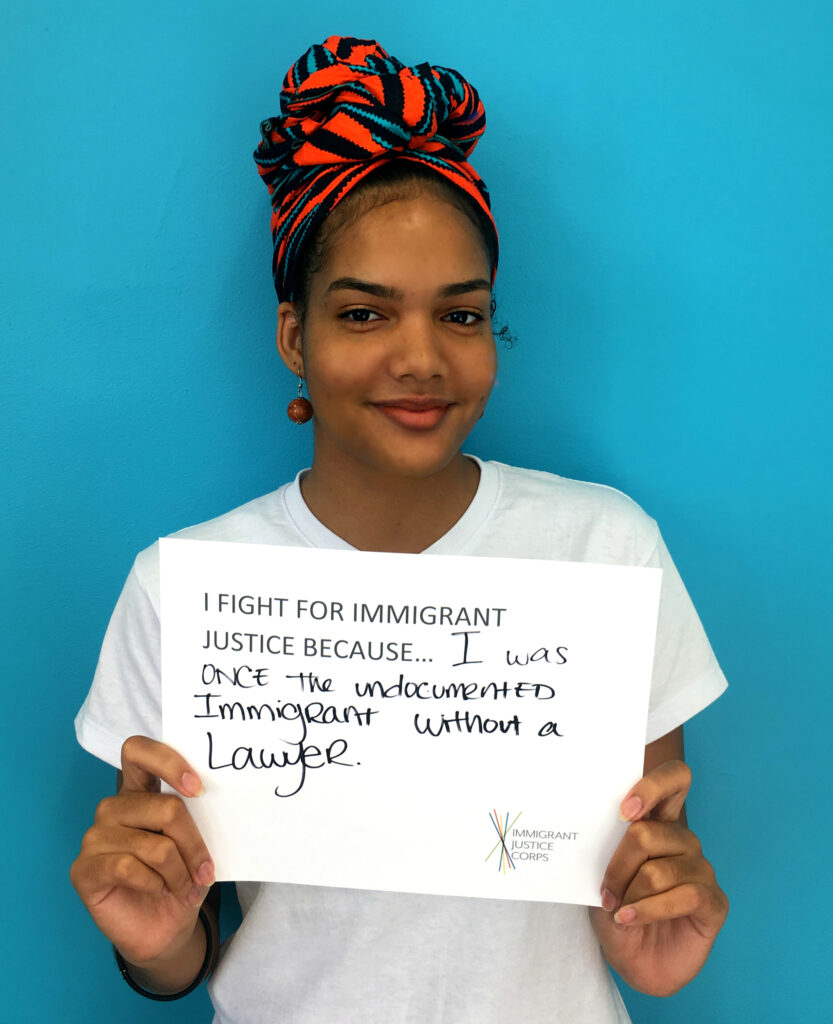Rural representation - Cameron Briggs Ramos
IJC Fellows work at host organizations across the United States, from California to Maine. For some, those organizations are located in cities where they are able to tap into the local network of immigration advocates working together to support immigrant communities. For others, their host organizations are operating as the sole provider of immigration legal services in their state, and our Fellows are one of the few immigration attorneys available to help immigrants in need.
Cameron Briggs Ramos, a 2024 Justice Fellow working at the Vermont Asylum Assistance Project, discusses the importance of collaboration when working to meet the growing needs of imigrants in Vermont. Cameron is a graduate of Vermont Law and Graduate School.
I am currently a Fellow at Vermont Asylum Assistance Project (VAAP), a relatively new and small team located in Burlington, Vermont. If I were to summarize my experience as an IJC Fellow into one word, that word would be “collaboration.” The constant collaboration with other legal organizations and community groups has redefined what resourcefulness, legal practice, and community means to me.
Prior to my fellowship, I lived in rural Vermont for several years and was accustomed to the challenges that come with living in rural areas, such as access to housing, transportation, and health resources. But nothing could prepare me for the challenge of providing services to the immigrant community in one of the most rural states in the country. Some of those challenges include coordinating meetings with clients in person (important to create trust), collecting urgent signatures and documentation (especially in time-sensitive cases), and communicating our services and resources to the community.
Despite these challenges, local community organizations and legal organizations have collaborated to ensure that the immigrant community in Vermont gets access to the services they need. Without that collaboration, many individuals in removal proceedings would not have access to counsel. Without that collaboration, many people would not know their rights to protect themselves and their communities from unruly surveillance and enforcement. Without that collaboration, successful releases from detention would not be possible.
Legal service organizations and practitioners are not in this field to “save” anyone— we are here to work alongside clients and to ensure quality representation. This quality representation helps safeguard our clients due process rights and creates an opportunity for clients to have the fairest chance to present their case. Clients know their story and our representation is just a conduit to convey that story to the appropriate adjudicators. When we collaborate with clients in this manner and when we work in community, we can take on the heavy tasks that present themselves day by day, such as preparing evidence for complex cases and brainstorming creative legal strategies to tackle an evolving legal landscape.
To be resourceful in a place where resources are scarce is to be a collaborator. And that collaboration bears opportunities to create an impact in our communities that will last far beyond a fellowship.
